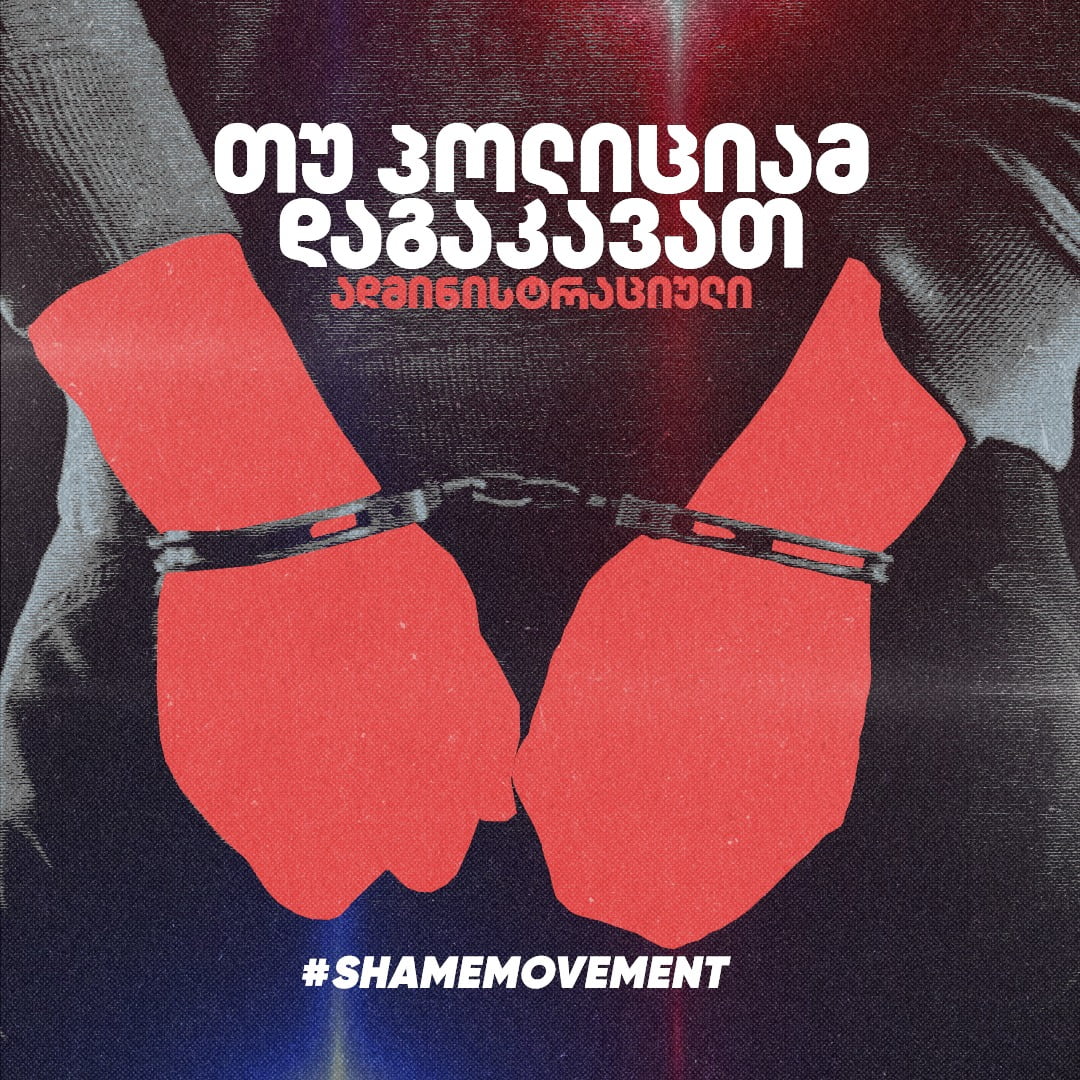If you are arrested by the police, try not to resist them, regardless of how unlawful it may seem, because:
Attempting to resist is ineffective and may even lead to physical harm to you.
Even though physical resistance to a police officer during an illegal arrest may be a natural reaction for a citizen, court precedents indicate that this is not considered relevant. Any physical resistance after the moment of arrest is consistently interpreted as resisting the police officer, according to Article 173. (Article 173)
The same principle applies to the arrest of another person participating in the demonstration: refrain from attempting to provoke the police into arresting you. This behavior constitutes an administrative offense (Article 173), or, in the case of violent actions, a crime under the Criminal Code.
Attempt to document the entire arrest process from beginning to end. Having video evidence is your only means to reveal the truth. It’s preferable if the recording captures the situation leading up to and surrounding the decision to arrest you. This will aid in demonstrating the illegality of the decision.
Following the arrest, you have the right to use your own phone to notify a family member or any other person about the arrest (for example, during the transfer process). If the police decide to confiscate your phone and other belongings, they must create a report documenting the confiscation of the items.
P.S. While all the legal advice provided above is valid, it’s crucial to consider the context of each individual case:
“When injustice becomes law, disobedience becomes a duty.” – Thomas Jefferson
